The Ethnic Committee issued Circular No. 02/2023, which includes many new regulations on supporting production land for ethnic minority households in difficult circumstances.
[caption id="attachment_602224" align="aligncenter" width="768"]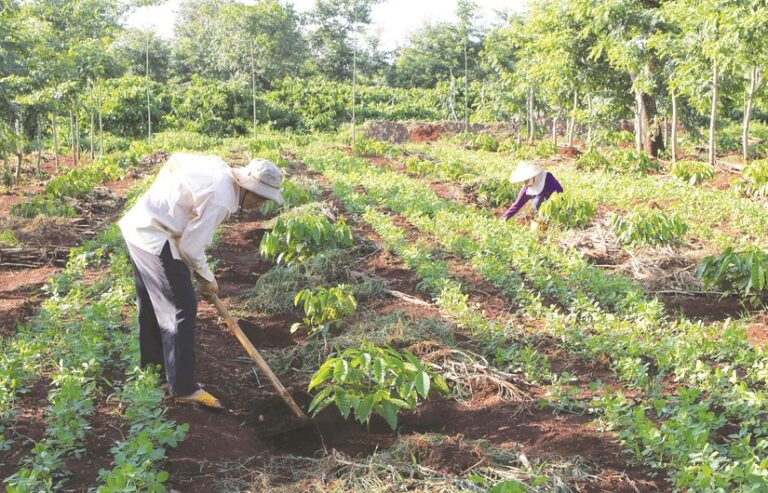 Many new regulations on land support for ethnic minority households in difficult circumstances.[/caption]
Many new regulations on land support for ethnic minority households in difficult circumstances.[/caption]Accordingly, Circular No. 02/2023 of the Ethnic Committee amends and supplements a number of articles of Circular No. 02/2022 guiding the implementation of a number of projects under the National Target Program on Socio -Economic Development in Ethnic Minority and Mountainous Areas for the 2021-2030 period, Phase I from 2021 to 2025.
The Circular clearly states that the subjects receiving support for production land include: poor ethnic minority households living in ethnic minority and mountainous areas.
Poor Kinh households living in extremely disadvantaged communes and villages in ethnic minority and mountainous areas who make a living from agriculture, forestry and fishery and do not have land for production and are in need of support for production land will be considered by local authorities for direct support in the form of production land.
Poor Kinh households living in extremely disadvantaged communes, extremely disadvantaged villages in ethnic minority and mountainous areas living on agriculture, forestry and fishery, who do not have or lack more than 50% of production land according to the prescribed norms of each locality, have a need to change occupations or have a need for support for production land but cannot arrange production land, will be considered and supported to change occupations, and are also eligible for support.
Accordingly, the provincial People's Committee shall base on the land fund and actual conditions of the locality to prescribe the land production quota but not exceeding the agricultural land allocation limit for each household and individual according to the provisions of the law on land as a basis for determining households lacking land for production.
Circular No. 02/2023 of the Ethnic Committee also clearly states the support content and implementation methods.
Specifically, in cases where the locality still has land funds capable of production without having to carry out land reclamation, restoration, or improvement, the District People's Committee shall, based on the planning and land use plan approved by the competent state agency, allocate production land to households that are beneficiaries of the policy but do not have production land according to the provisions of the law on land.
In case the locality still has land for production but must reclaim, restore, and improve the land to be able to produce, the People's Committee at the district level shall direct the organization to establish and implement land reclamation, restoration, and improvement projects according to the land use planning and plan approved by the competent state agency to allocate production land to households that are beneficiaries of the policy but do not have production land according to the provisions of the law on land.
[caption id="attachment_602226" align="aligncenter" width="768"]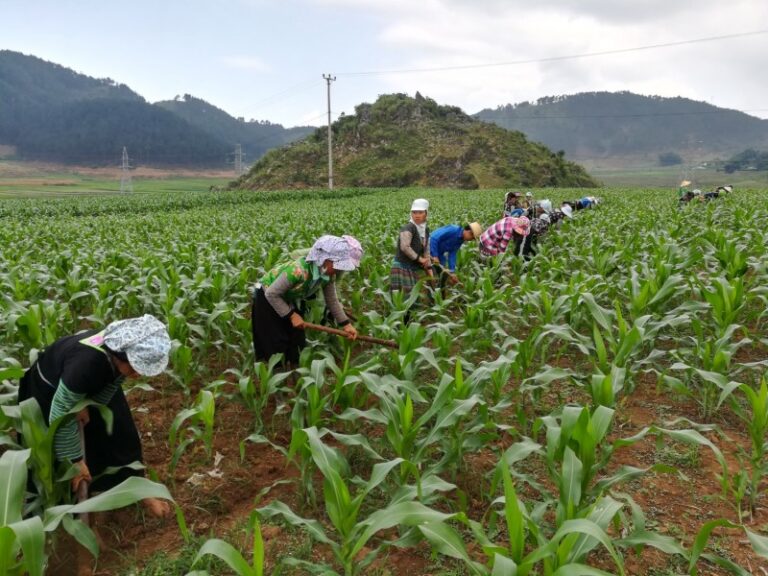 Developing production in the highlands of Lai Chau province.[/caption]
Developing production in the highlands of Lai Chau province.[/caption]The Circular notes that households that are eligible for direct support for production land but cannot be allocated production land by local authorities and need to borrow capital to create a production land fund will be considered for credit loans from the Social Policy Bank according to regulations and will not be supported to change jobs.
The Ethnic Committee assigned the Provincial People's Committee to direct the District People's Committee to arrange local budgets and issue land use right certificates to households receiving production land support according to regulations.
Also according to the circular of the Ethnic Committee regarding support for career conversion, households that are subject to regulations are considered and supported to purchase agricultural tools, machinery, provide agricultural production services, convert to other fields of cultivation, animal husbandry, production, business or support vocational training to convert careers and receive credit loans according to regulations.












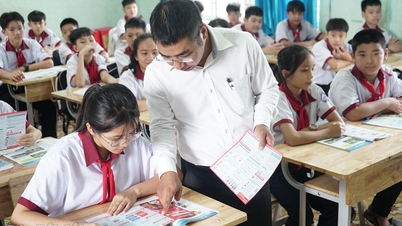











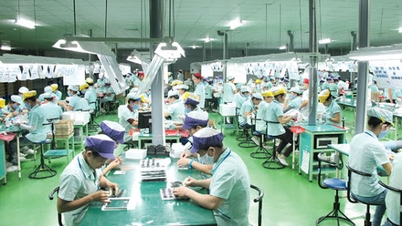
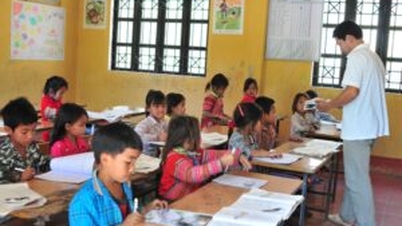






















































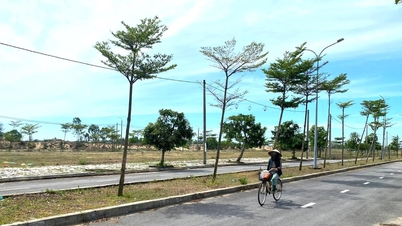



















Comment (0)